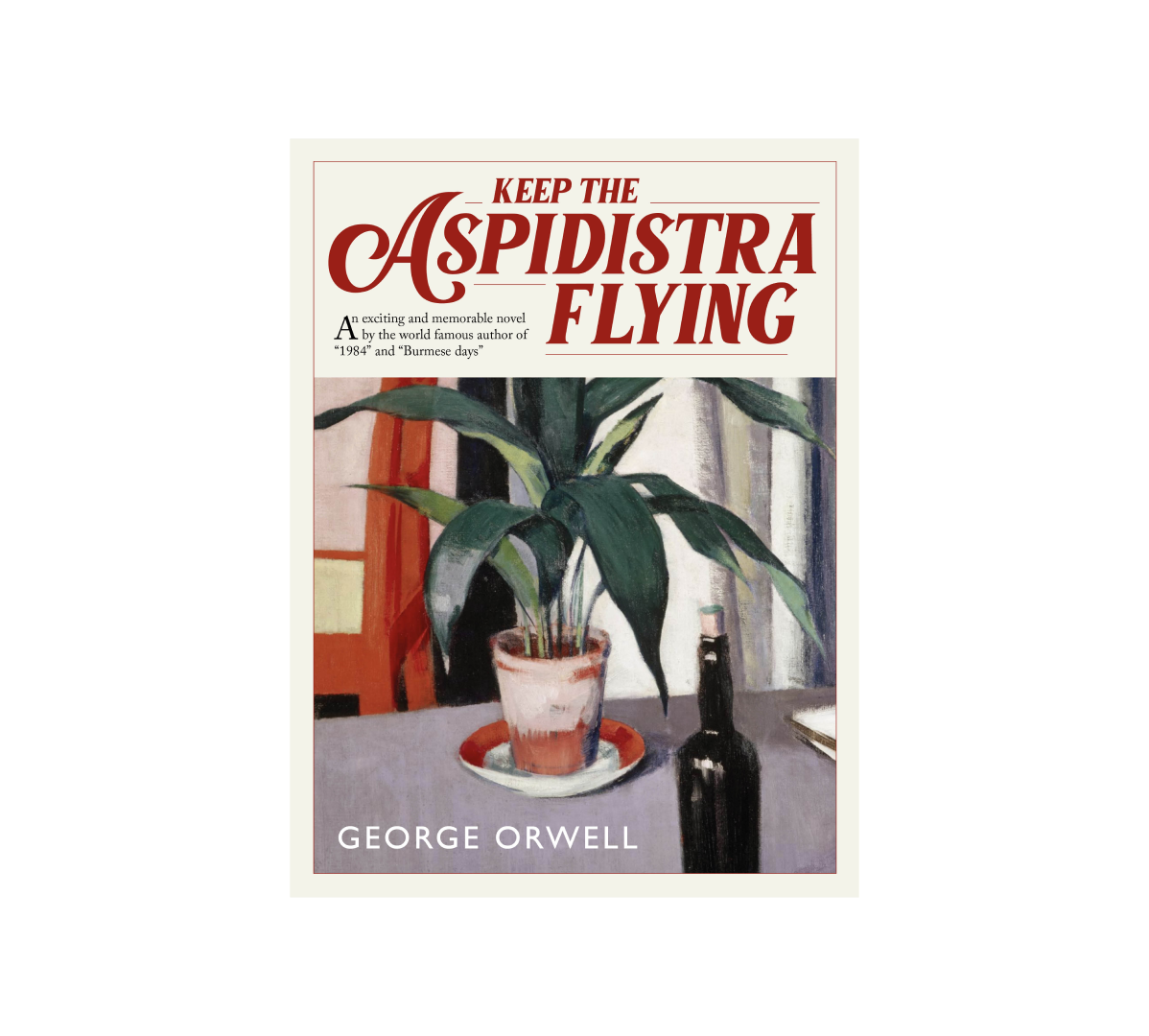
People tolerate appalling bedsits with repressive landladies, but expect to receive in the evenings letters posted earlier in the day. Gordon is frankly rather tedious and unlikeable in his negative view of the world and borderline mentally ill in his desire “to lose himself in smoke-dim slums of South London sprawling on and on, a huge graceless wilderness… great sluttish underworld where failure and success have no meaning a sort of kingdom of ghosts where all are equal.” Yet it is revealing to be transported back to the 1930s, beginning to emerge from a deep Depression, with the poignant wisdom of hindsight that the destructive war which Gordon claims to welcome is in fact imminent. On the contrary, you are the hopeless slave of money until you have enough of it to live on”.

He despises most books on sale for being “turned out by wretched hacks at the rate of four a year, as mechanically as sausages and with much less skill.” With only twopence halfpenny left until the end of the week, not enough for the cigarettes he needs – like Orwell? – to be able to write, he is beginning to realise that “you do not escape from money by being moneyless. In the first chapter which could stand as a short story in this own right, Gordon painfully perfects the first verse of a poem during a boring shift in a bookshop, in between raging at the adverts in the street which remind him of the better paid job in copywriting which he has abandoned on principle to get out of what he regards as a corrupt system. Orwell’s anti-hero Gordon Comstock is not just trying to escape the clutches of what he calls “the money god” but is also a mouthpiece for the author’s own pet hats and self-doubt over his ability to succeed as a writer. Since history repeats itself, Orwell’s caustic parody of capitalism in 1930s London still seems remarkably relevant in our post-financial crisis, commercially manipulative world of making people want things and often paying them too little to produce them.

This is my review of “Keep the Aspidistra Flying” by George Orwell


 0 kommentar(er)
0 kommentar(er)
